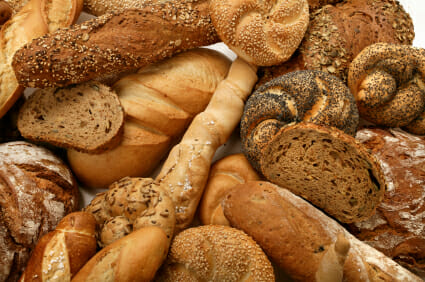Alzheimer’s disease was tentatively dubbed “type 3 diabetes” in early 2005 when researchers learned that the pancreas is not the only organ that produces insulin. Your brain also produces insulin, and this brain insulin is necessary for the survival of your brain cells.
It’s becoming increasingly clear that the same pathological process that leads to insulin resistance and type 2 diabetes may also hold true for your brain. As you overindulge on sugar and grains, your brain becomes overwhelmed by the consistently higher levels of insulin and eventually shuts down its insulin signaling and sensitivity, leading to impairments in your thinking and memory abilities, and eventually causing permanent brain damage. The study below highlights this fact.
Among people aged 70 to 89, diet proved very influential in contributing to the risk of mild cognitive impairment, includingproblems with memory, language, thinking and judgment, down the line. The new study revealed carbs and sugar to be the biggest culprits, while protein and fats were protective:
SOURCE J Alzheimers Dis. 2012 Jan 1;32(2):329-39.
- Those with the highest carbohydrate intake were nearly twice as likely to develop mild cognitive impairment than those with the lowest intake of carbohydrates.
- Those with the highest sugar intake were 1.5 times more likely to experience mild cognitive impairment than those with the lowest levels.
- Those with the highest fat intake were 42 percent less likely to develop cognitive impairment
- Those with the highest protein intake reduced their risk by 21 percent
- When compared with total fat and protein intake, those with the highest carb intake were 3.6 times more likely to develop mild cognitive impairment





























